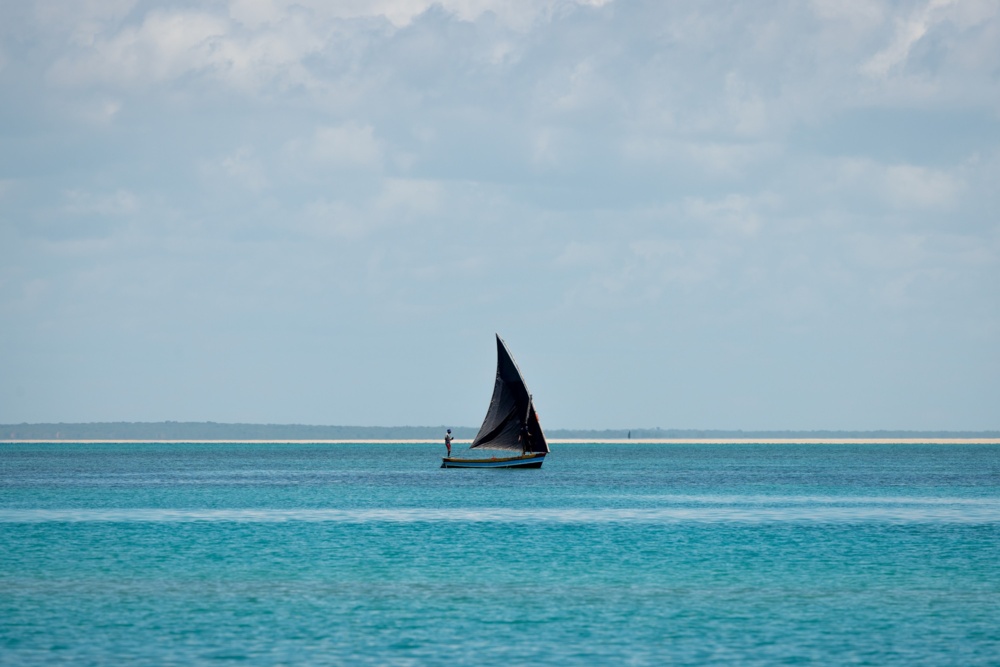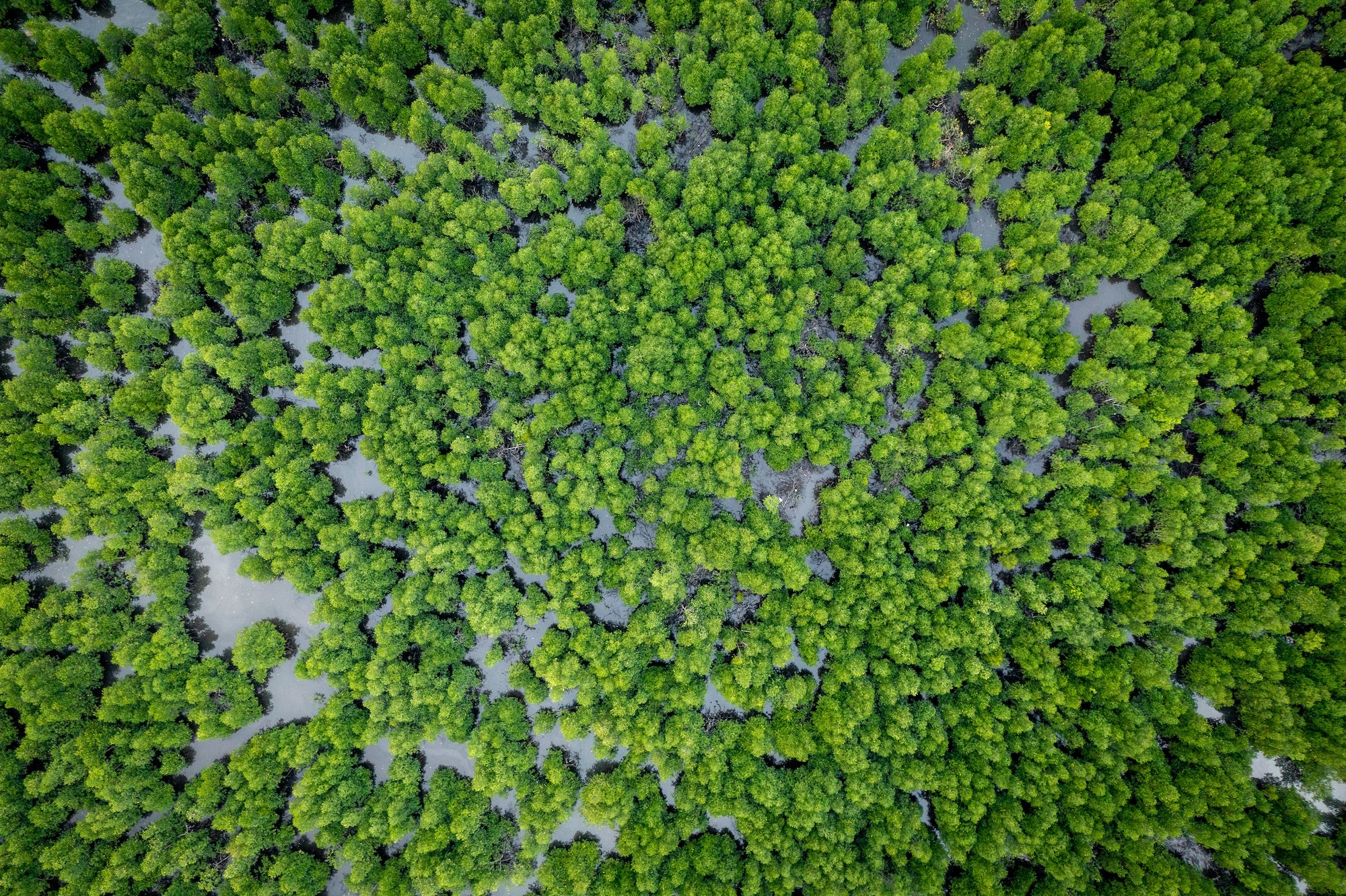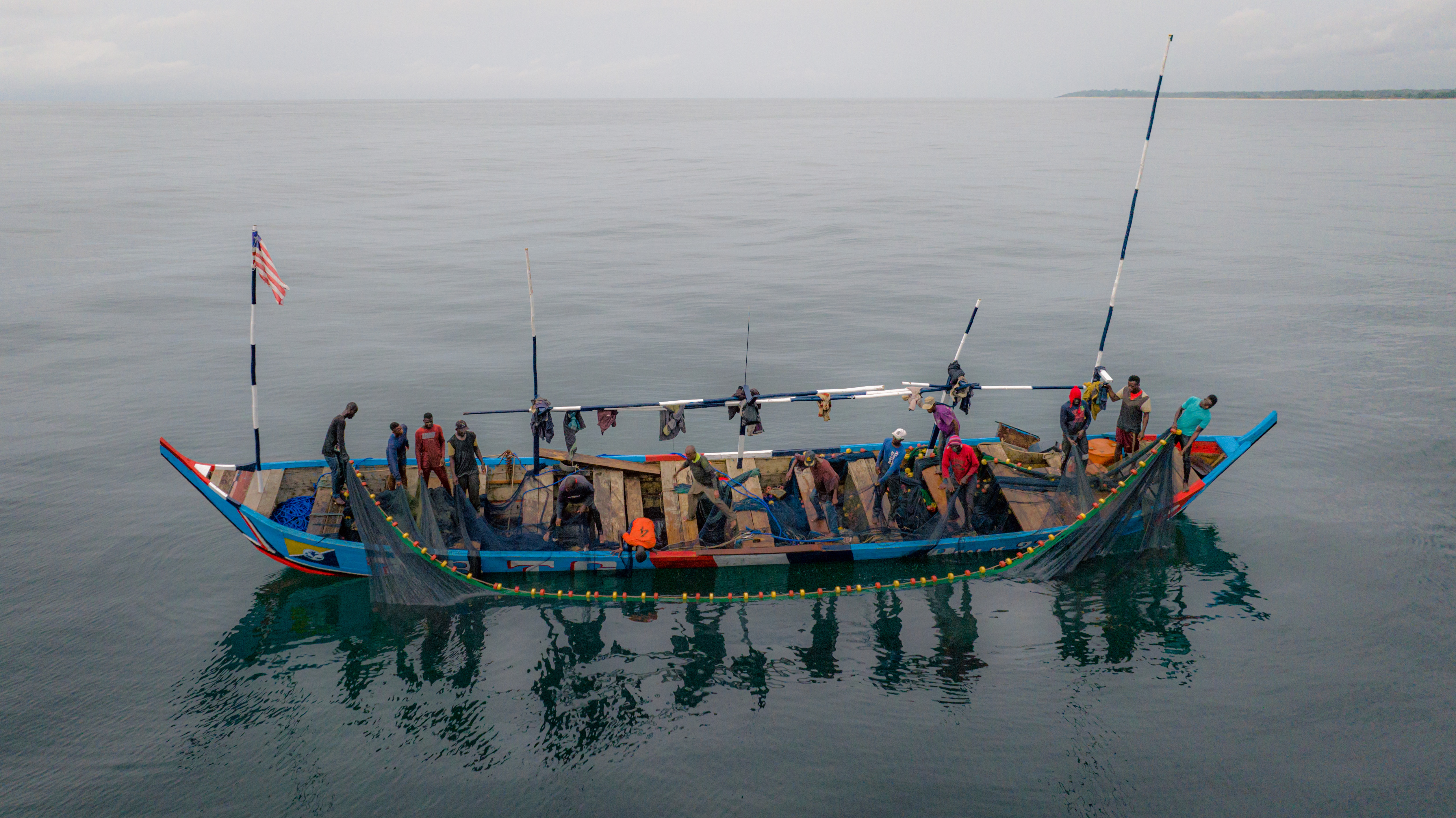
Press Release: New EU-funded toolkit for sustainable fisheries launching in Dakar
The Environmental Justice Foundation (EJF) is proud to announce the launch of a new toolkit to support the sustainable management of small-scale fisheries on 24 September in Dakar, Senegal. Produced by EJF with funding from the European Union (EU), the toolkit empowers local fishing communities to play a key role in the management of their marine resources and to combat illegal, unreported, and unregulated (IUU) fishing, a major threat to marine biodiversity and food security.
The Need for Action
Artisanal marine fisheries play a critical role in global fish production, accounting for more than a quarter of all fish caught worldwide - an estimated 25 million tonnes annually. They provide irreplaceable food security, particularly for protein, and generate approximately $58 billion in first-sale revenues. However, they are under threat. The Food and Agriculture Organization (FAO) estimates that 38% of marine fisheries are overexploited. This has devastating consequences for food security, livelihoods, and the well-being of coastal communities, particularly in the Global South, says EJF.
Steve Trent, EJF CEO and Founder, said: “In Senegal, as in too many countries of the Global South, coastal communities are among the hardest hit by declining fish populations. Multiple pressures - including overfishing, climate change, pollution, and changes in coastal land use - are pushing people into poverty and food insecurity. These challenges are compounded by the rampant problem of IUU fishing, which accounts for one in five fish caught worldwide and costs the global economy billions of dollars each year. Industrial vessels illegally enter areas reserved for artisanal fishers, putting local communities at direct risk of collisions, loss of fishing gear, and even injury or death.”
“While the crisis in many fisheries is a global problem, it has local and national solutions. This new toolkit shows the way to a healthy future. Senegal is the perfect place to launch it, as the new government has committed to fisheries reform with a key focus on sustainability. This toolkit will cover 15 countries over the coming months, providing tailored assistance to fishers around the world to ensure sustainable fisheries, protect marine ecosystems and support their livelihoods.”
A New Approach to Fisheries Governance
EJF's new toolkit will empower artisanal fishing communities to take a leading role in managing their resources. One of the new approaches to fisheries governance is the DASE application, designed for use by artisanal fishers, which allows them to capture geo-located photo and video evidence of suspected IUU fishing, which is then verified by experts and submitted to the relevant authorities.
Bassirou Diarra, EJF Oceans Campaigner, added: “In Senegal, the app has been instrumental in the fight against IUU fishing, with nearly 850 reports submitted by supported communities during joint patrols in 2023. These reports have resulted in more accurate documentation of alleged incursions, conflict resolution with industrial fishers, increased compliance with fishing permits and safety protocols, and reduced landings of juvenile fish. We have also set up a WhatsApp group to connect Senegalese users, allowing them to share challenges and experiences as they use the app to protect local fishing zones.”
Key Features and Impact
The toolkit is designed to achieve three key outcomes:
1. Establish effective community surveillance mechanisms to deter and eliminate IUU fishing.
2. Promote community co-management associations (CMAs), where national authorities work with local communities to share responsibility for governing marine resources, for more sustainable and responsible fisheries management.
3. Strengthen national fishers’ associations to give them a stronger voice in national-level fisheries policymaking, ensuring fair access to well-managed resources and greater land rights for artisanal fishers.
ENDS
Notes for editors
For more than a decade, EJF has worked with communities in Senegal, Ghana, Liberia, Sierra Leone, and Cameroon to build capacity for sustainable fisheries management through training, community-led monitoring programs, and policy advocacy. This experience has informed the development of the toolkit, which provides practical guidance on implementing participatory governance approaches.
The toolkit provides both theoretical and practical insights, offering technical documents, guidelines, infographics, case studies, and educational videos. It also includes resources that can be used directly by fishers, such as community monitoring tools, and is complemented by field training and ongoing support from EJF experts.
The toolkit is aimed at professionals working with artisanal fishing communities, including NGO representatives, government agencies, and consultants, as well as existing CMAs and national fishers' associations. By encouraging greater collaboration between these groups, the toolkit will help ensure that local communities have a voice in the management of their fisheries, paving the way for more sustainable and equitable fishing activities.
As EJF continues to refine the toolkit based on community feedback, it will become a dynamic global resource for effective local action.
EJF works internationally to inform policy and drive systemic, durable reforms to protect our environment and defend human rights. We investigate and expose abuses and support environmental defenders, Indigenous peoples, communities and independent journalists on the frontlines of environmental injustice.
Our campaigns aim to secure peaceful, equitable and sustainable futures. Our investigators, researchers, filmmakers and campaigners work with grassroots partners and environmental defenders across the globe. Our work to secure environmental justice aims to protect our global climate, ocean, forests and wildlife and defend basic human rights. For more information, please contact media@ejfoundation.org.
This project is funded by the European Union (NDICI CHALLENGE/2002?437-419).

SIGN UP FOR OUR EMAILS AND STAY UP TO DATE WITH EJF

